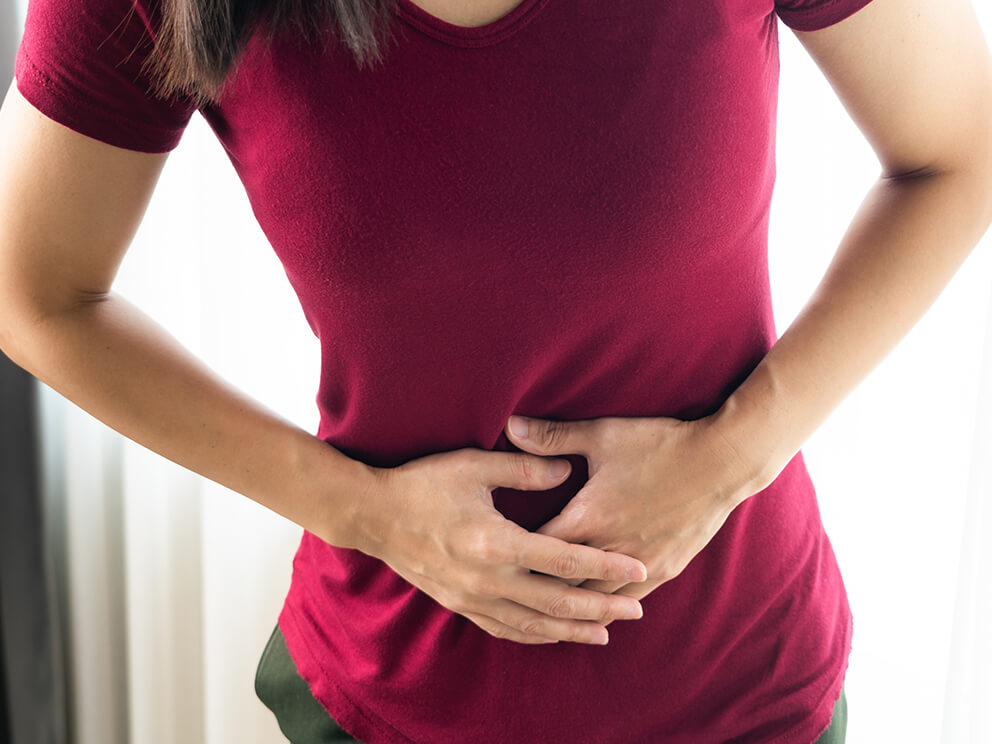What is Constipation?
Nutrients are removed from the food you eat during digestion and the remaining waste (stool) is passed on to the colon. As the waste is passed through the colon, water is absorbed. The colonic muscles contract to move the stool through the colon at a steady pace. During passage, most of the water is absorbed and the remaining water eases the passage of the stool out of the body.
Constipation is caused by delayed movement of the stool through the colon. The stool becomes hard and dry because water is constantly being absorbed during the passage of the stool. Dry, hard stools are very hard or painful to pass. This leads to fewer bowel movements and straining. Constipation can be temporary or chronic and often controlled.













